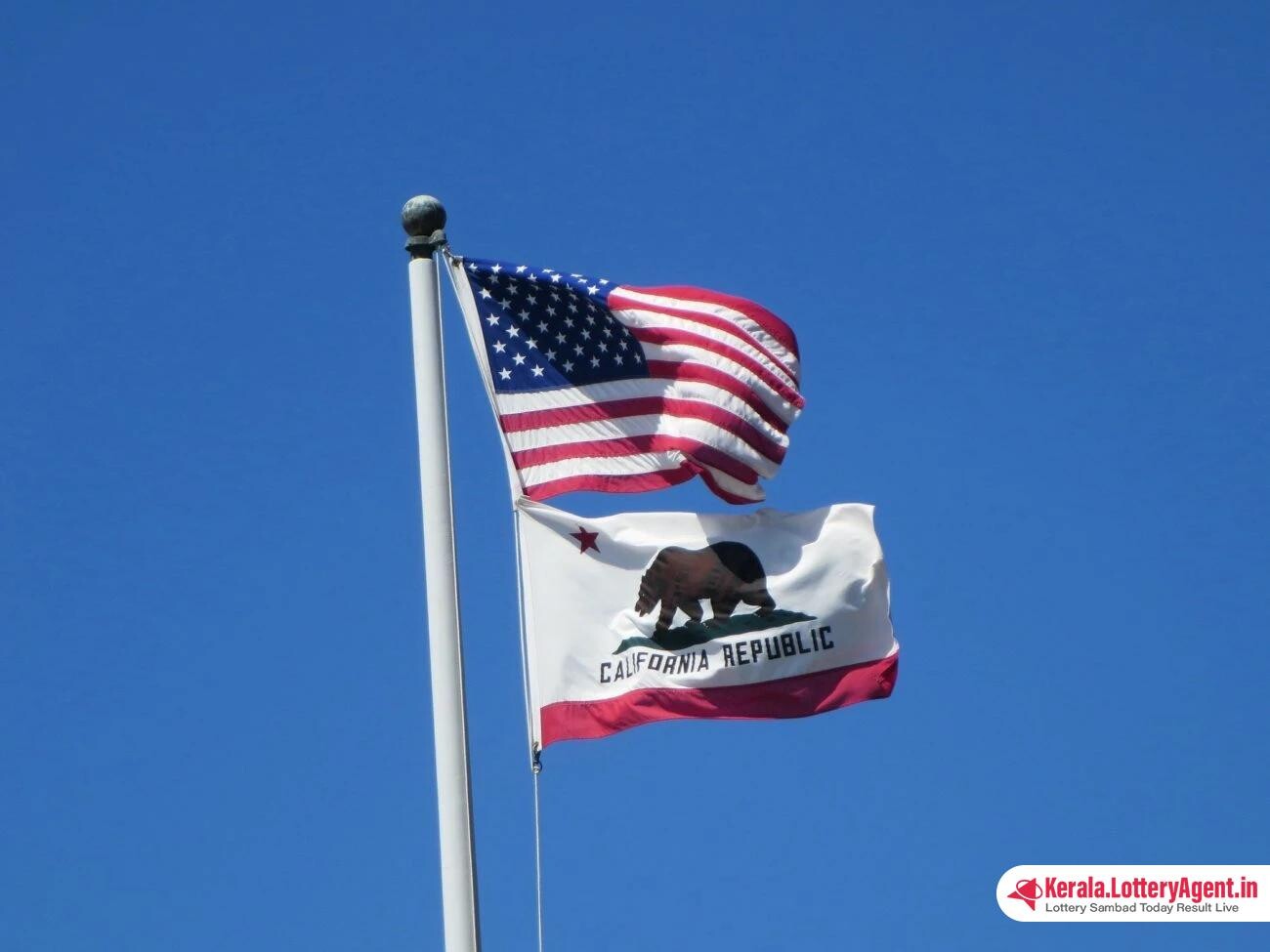
The landscape of sports betting in California remains unchanged following the failure of two ballot initiatives in January, which sought to provide tribes with exclusive rights to the practice. Eagle1 Acquisitions Corp, a group that had been promoting a proposition for the legalization of sports betting, revised their initiative in December in hopes of gaining more support from tribal communities. Despite these amendments, their efforts did not yield the necessary backing and ultimately fell short.
The result did not come as a surprise to the California Nations Indian Gaming Association (CNIGA), as they interpreted the outcome as a cautionary tale for anyone pursuing future legalization of sports betting within the state. In contrast, optimism is still alive for some, including Giles from IGA, who anticipates better luck with the next opportunity for legalization in 2026. With Los Angeles hosting the 2027 Super Bowl, Giles underscores the importance of establishing sports betting legislation prior to this major event.
Giles emphasizes that the road to online sports betting in California begins with the tribes. He expressed his sentiments during an interview with iGB before the Indian Gaming Tradeshow and Convention, taking place in California from April 8-11. He insists that while the future isn’t guaranteed, there are encouraging signs like the willingness of sports betting companies FanDuel and DraftKings to engage in conversations at the tradeshow.
The tribal nations have exerted significant efforts in 2023 to uphold their sovereignty across the United States as various state governments aimed to expand their jurisdiction over Indian country. The tribes celebrated a pivotal victory when a federal appeals court reinstated a gaming compact between the state of Florida and the Seminole Tribe. This decision forged a tribal monopoly on statewide mobile sports betting.
In subsequent legal triumphs, the compact remained unchallenged, and, in November, the Seminole Tribe resumed its mobile wagering with the Hard Rock Bet platform. This was further solidified when a challenge from a competing pari-mutuel betting firm was dismissed by the Florida Supreme Court.
Further bolstering the tribal stakes in the sports betting world, the Department of the Interior unveiled new federal regulations in February 2024, echoing those enacted in Florida and enhancing the clarity and transparency of Indian gaming compacts.
The DOI’s move was met with approval by Giles, who lauded the administration’s support for Indian country and expressed hope for a strong foundation for business growth. He remarked on the strengthened position of Indian Country and the persistent defense of tribal communities’ rights by tribal leaders.
Another indicator of the robust health of tribal gaming is reflected in the financial gains of the sector. The National Indian Gaming Commission’s annual report highlighted a revenue increase of 4.9% for 2022, reaching a record-setting $40.9 billion. This signals not only a rebound from the setbacks of the Covid-19 pandemic but also a bright outlook for the future.
According to Giles, the future of tribal gaming remains promising, largely owing to solid regulatory frameworks and a sustainable, forward-thinking approach. He spoke of the tribes’ readiness for business, innovation, and partnership with entities that respect their values and can contribute fresh ideas and technology to enhance their offerings.
While the Indian gaming sector stands strong, apprehension lingers over the possibility of political and commercial gaming interests seeking a share in the tribal accomplishments. Yet, Giles is resolute in his faith that tribal gaming will continue to thrive and safeguard its sovereignty, especially with united efforts.
“Tribal gaming will remain strong through a robust regulatory framework and by taking a sustainable, long-term approach to the industry’s future,” Giles added.
He encourages dialogue and believes that a collaborative approach built upon respect for tribal governments and institutions can be mutually advantageous.
Despite the legislative hurdles thus far, proponents like Giles remain hopeful that sports betting legalization, driven by partnership and respect for tribal sovereignty, will eventually find its place in California’s future.












